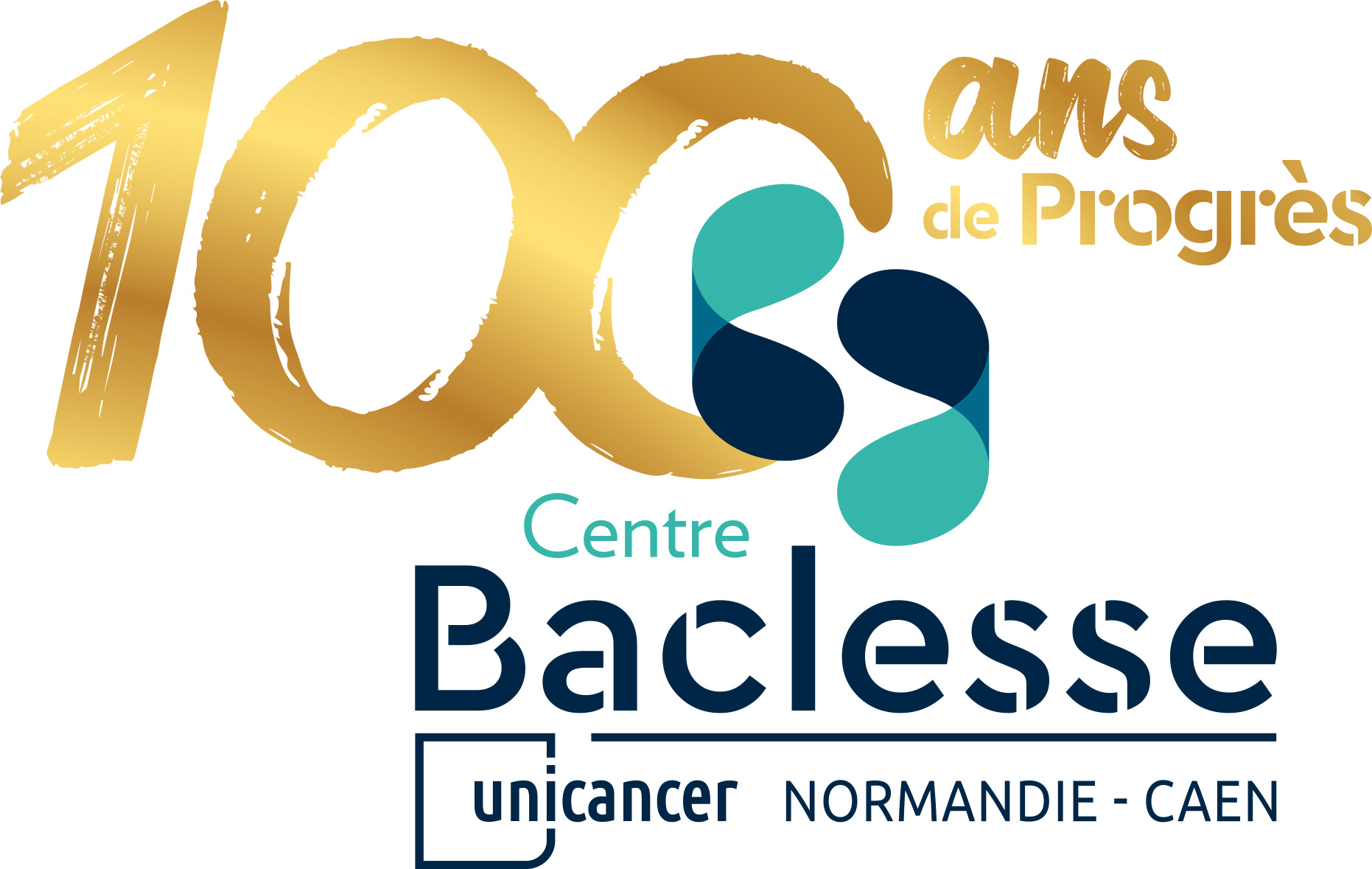Your doctor has prescribed a biosimilar drug: > What are its particularities? > Is it as effective and as tolerated as other medicinal drugs? > What is the pertinence of this type of drug?
What is a biosimilar drug?
A biosimilar drug is part of a family of drugs more commonly referred to as ‘biological medical products‘ or ‘biopharmaceuticals‘.
The Franch National Authority for Health (HAS) defines biosimilar drugs as follows: ‘A biosimilar drug is a medicinal product which, just like any biopharmaceutical, is produced from a cell, from a living organism, or derived from them.’
Biopharmaceutical and biosimilar drugs: what are they?
A biopharmaceutical is a ‘substance produced from a cell or from a living organism, or derived from them’. Examples include vaccines, growth factors and blood-products. Biopharmaceuticals have revolutionised the treatment of a great number of diseases such as diabetes, cancer, auto-immune diseases (such as multiple sclerosis, rhumatoid arthritis, etc.) or congenital diseases.
A biosimilar drug is similar to a biopharmaceutical drug, already used and authorised in Europe. The principle of biosimilarity applies to any biopharmaceutical, the patent of which is now within the public domain*. Their physico-chemical and biological properties, pharmaceutical form, efficacy and safety are therefore identical to those of the original biopharmaceutical.
*Just like any new medication, new biopharmaceuticals are protected from copying by patent for a certain number of years. When the patent expires, they can be copied and these copies are referred to as biosimilar drugs.
Are they as effective and as tolerated as other medicinal drugs?
Before they can be marketed, biosimilar drugs are subjected to a process of verification and authorisation for marketing throughout Europe, then in France. The list of authorised biosimilar drugs is available on the ANSM (French National Agency for Drug and Health Product Safety) website. Verification of similarity is conducted via new preclinical and clinical trials, in order to ensure correct efficacy and tolerance, together with the absence of serious side effects.
Once on the market (when they have been granted AMM marketing authorisation), a monitoring system is set up.
Can I be indiscriminately prescribed with a biopharmaceutical or its biosimilar drug?
Yes! Upon treatment initiation: your doctor can equally choose one or other with the same guarantee of efficacy and tolerance. The doctor notes the nonproprietary name and the commercial name of the reference product or the commercial name of the biosimilar drug. In the case of supply difficulties, the chemist can then substitute the product with an equivalent biopharmaceutical or biosimilar drug.
For treatment pursual: it is recommended (but not mandatory) that the same drug be prescribed. The physician may, at any time, replace a biopharmaceutical with a biosimilar drug from the ANSM list.
What is the pertinence of this type of drug?
According to the HAS, biosimilar drugs enable:
- to ‘increase the number of available biological medical products by limiting procurement difficulties and by preventing out-of-stock products and/or production accidents. This offers patients guaranteed access to their treatment.’ This is a direct, individual benefit for the patient and, more largely, a benefit for public health by facilitating access to care for all individuals.
- to ‘stimulate competition and to induce a decrease in the price of biological medical products, whilst guaranteeing treatment safety and quality’. This is a considerable economic benefit towards maintaining our healthcare system.
To take things further
HAS_Good drug use_biosimilar drugs. 2017. Website: www. ansm.santé.fr Video by the EMA (European Medicine Agency): https://www.youtube.com/watch?v=70sVGNVG7Jk
